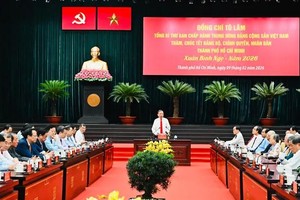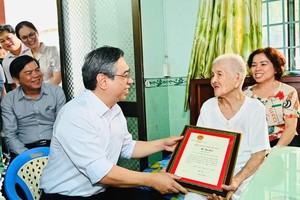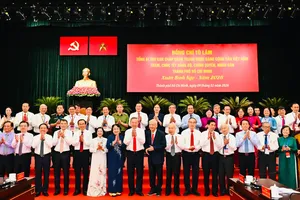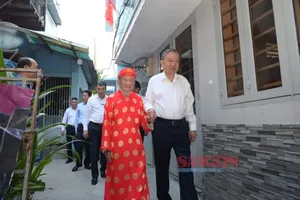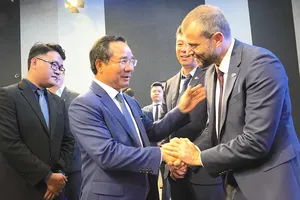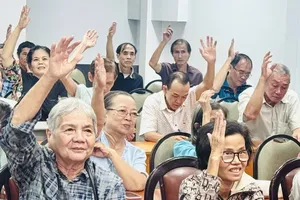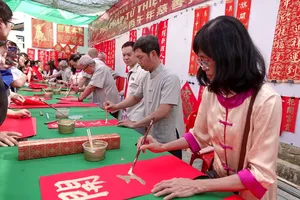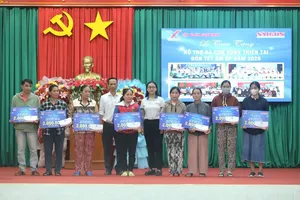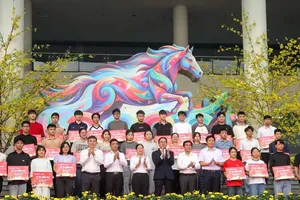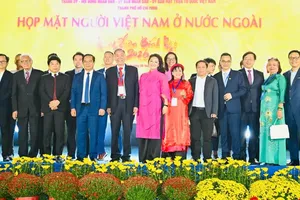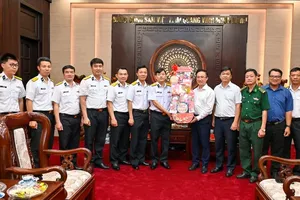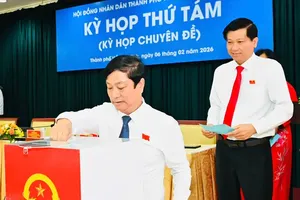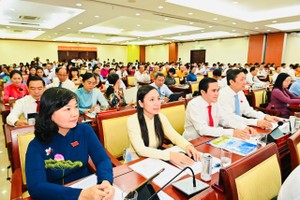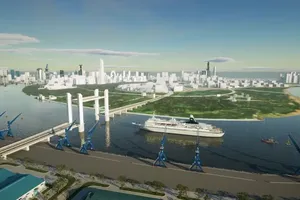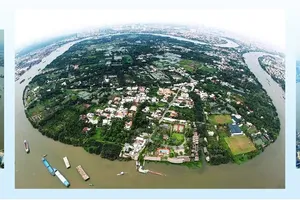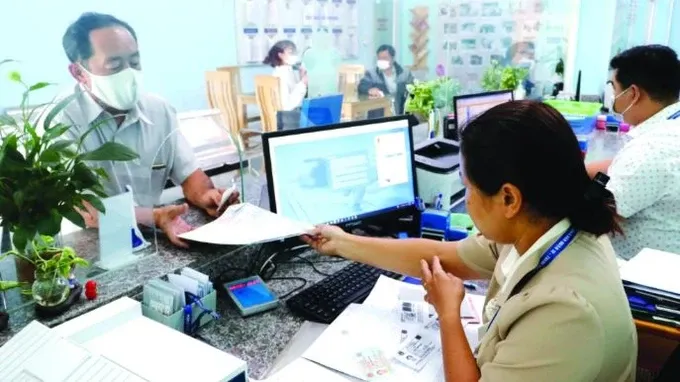
In a working session about rearranging administrative units in the city, Chairman of the HCMC People’s Committee Phan Van Mai stressed that administrative reform and digital transformation can improve public services. The currently running project ‘Effective Public Services for the 2024-2030 Period’ is a breakthrough in organization and institution.
The city is going to hold training sessions for local leaders to improve their own administrative procedures. It is planned that after 2025, HCMC will basically move its administrative activities online to better serve its residents.
The HCMC People’s Committee commented that the reduction of administrative units at ward and district levels helps to streamline the structure, staff, and ultimately the overhead costs taken from the state budget while providing more space for each locality to promote its own advantages.
However, since a new administrative unit now has to take charge of a larger area and more population, state management tasks will obviously be more complicated and the workload heavier. Yet the policies for civil servants and public employees are still unchanged, and this might lead to inefficiency.
Experts in the field commented that it is necessary to carry out this rearrangement task. Along with that must be corresponding adjustments in the policies applied for civil servants, public employees, and part-time employees.
Dr. Nguyen Si Dung, former Deputy Head of the Government Office, said that with heavier workload and more pressure, it is important to provide enough inspiration and encouragements to state officials via salary reform or income rise. Agreeing with that, Dr. Vo Tri Hao, a law expert, proposed applying contract salary according to workload so that these officials have a chance to increase their earned money based on their labor, and thus optimizing their work.
According to the plan of the HCMC People’s Committee, Go Vap District is going to reduce four wards. It is now preparing capable human resources for the new structure, while considering measures to minimize disturbances to both citizens and businesses in administrative procedures.
Similarly, Chairwoman of the People’s Committee of District 6 Le Thi Thanh Thao said that her district is actively carrying out digital transformation and administrative reform so that administrative documents can be processed online, effectively reducing inconvenience to the community in the upcoming rearrangement.
Dau Ngoc Linh, lecturer at the Faculty of State and Law (HCMC Cadre Academy), shared that in order to receive full support from the public for this matter, functional agencies have to run propaganda campaigns to inform citizens about the aims and policies as well as suitable procedures of this rearrangement. The National Population Database should be taken advantage of to automatically adjust personal documents of citizens because of this rearrangement.
She added that it is rather challenging to maintain cultural and historical elements of a locality when merging it into another one, and this requires careful consideration before making the final decision.
The HCMC People’s Committee informed about the number of administrative units under this rearrangement:
- District 3: merging 4 wards into 2 wards
- District 4: merging 6 wards into 3 wards
- District 5: merging 8 wards into 4 wards
- District 6: merging 11 wards into 5 wards
- District 8: merging 9 wards into 3 wards
- District 10: merging 6 wards into 3 wards
- District 11: merging 11 wards into 5 wards
- Binh Thanh District: merging 13 wards into 7 wards
- Go Vap District: merging 8 wards into 4 wards
- Phu Nhuan District: merging 4 wards into 2 wards

